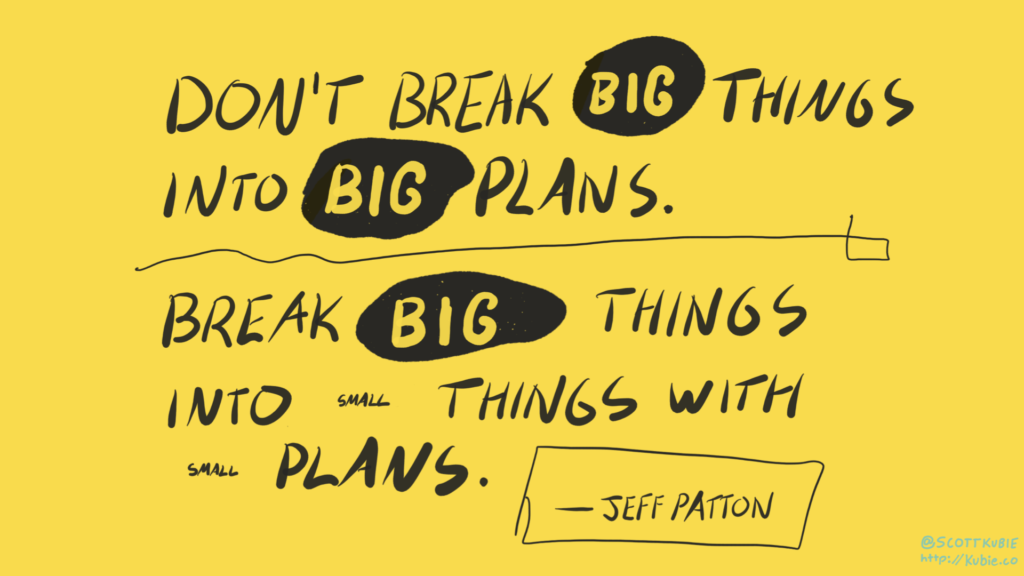For many years, I’ve had this quote from the designer Charles Eames in my email signature:
Never delegate understanding.
Like many popular quotes, it’s unclear if Charles actually said it (it might be more accurately attributed to his grandson Eames Demetrios who edited the book An Eames Primer), but it nonetheless encapsulates a sentiment he and his design partner Ray often espoused: that understanding is part of a designer’s job.
For the Eames team, that meant things like understanding the material they were working with – even if someone else would ultimately be building with it. Or understanding the science behind a concept they’d been asked to communicate about.
My experience leads me to question whether other fellow, contemporary designers understand that understanding is part of their job. After I give a talk about a sense-making tool or framework, attendees often ask: How do I sell this effort to leadership?
Really! They want to know how to persuade higher-ups into letting them understand something better — into letting them do their jobs!
That’s not the only form of the question. It might come across as:
- How do I get permission to interview stakeholders about goals for their content?
- How do I convince people of the benefits of documenting the vision or strategy for our product?
- How do I prove the ROI of creating a map of all the sites and channels we maintain?
The answer to these questions and questions like them? You don’t. You don’t persuade them.
If an activity will increase understanding — either your own, or that of the people you’re working with — you don’t need to sell it, you need to do it.
That doesn’t mean suddenly shifting course into a 6-month journey mapping project to the exclusion of all other work. But you need to do something to get closer to the understanding that you seek.

I share the above quote from Jeff Patton in my workshop on being user-centered to remind people that it’s okay to chip away at sense-making. For something like user journeys on the web, you don’t have to go from understanding nothing to understanding every step for every user. You can start with one journey for one user with one task … and you can do it without asking anyone first.
In most organizations, no one has to ask permission to pull you into a one-hour meeting or bend your ear over the cubicle wall if they are stuck or confused or if they “want to touch base” or “make sure we’ll all in sync”. Conversation alone can be a sense-making activity, yes, but it’s an inefficient one.
As soon as something more formal or visual than conversation starts taking place, many practitioners feel like they need to request a permission slip. This makes me sad. If a process is so rigid that every sense-making activity, every mark you make with a marker, every minute in front of a whiteboard, must be accounted for in a burndown chart, something has gone seriously wrong.
This attitude can stem from design leadership failings. But I also find that it comes from artificial limits that designers place on themselves. Writers and other content people can be especially guilty of this, believing that only UX designers are “allowed” to use diagrams, wireframes, maps, and other visual sense-making tools in their process.
The most successful designers focus on sense-making from the beginning, and actively seek greater clarity and alignment with the people they’re working with, formally and informally, throughout the design process.
Consider asking forgiveness rather than permission the next time you’re feeling stuck on a project and want to try a new approach to making sense of things.
Plan workshops.
Draw pictures.
Make maps.
Run interviews.
Ask questions.
Start making sense – after all, it’s part of the job.
Is shared understanding missing from your project or company? An alignment workshop might be just the thing. Let me know how I can help.

